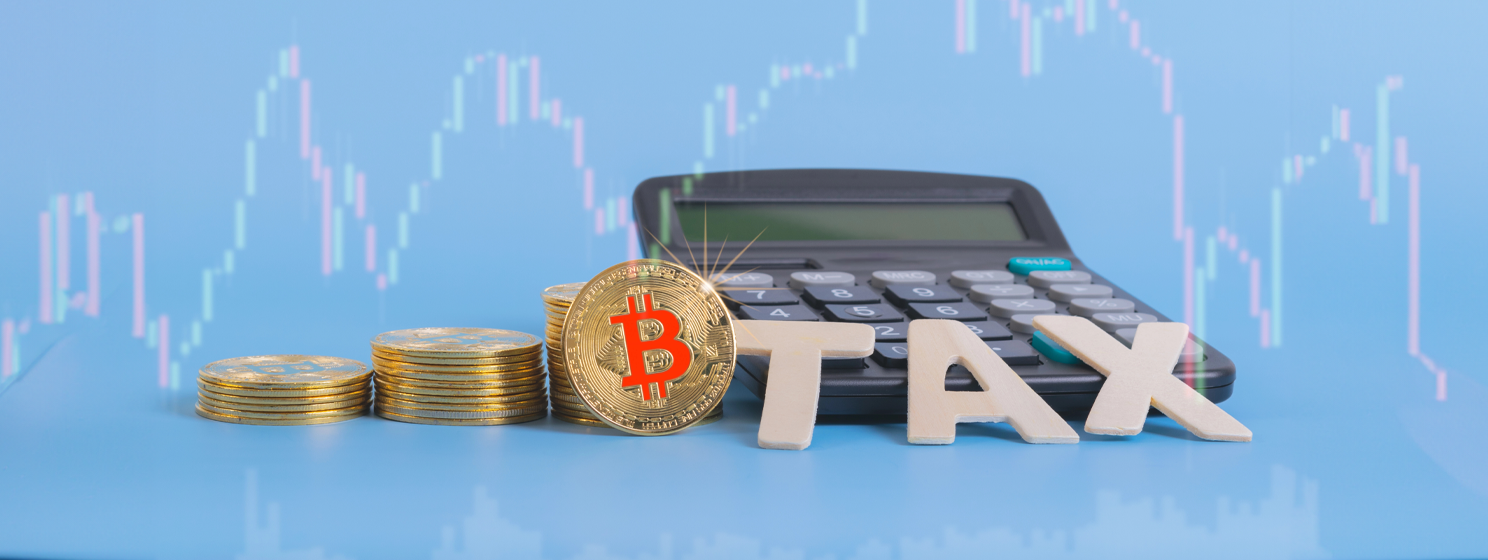|
Getting your Trinity Audio player ready...
|
Hester Peirce hopes that 2021 will be a turning point for digital currency regulations in the United States. The commissioner of the Securities and Exchange Commission (SEC) criticized regulators for only focusing on the illicit uses of digital currencies, which she said clouds their outlook. Rather, they should focus on regulating the industry, which would allow it to thrive.
Peirce, popularly known as ‘Crypto Mom,’ was speaking at the British Blockchain Association Conference. “It is common to hear government officials worrying about crypto’s use by criminals, even though the numbers suggest that it is used for illicit purposes less often than cash is,” she observed.
“Perhaps, government officials should pause to consider the flip side of crypto—its value in protecting people from illicit activity. Because of its ability to reach people without intermediaries and its ease of storage, transport, and access, crypto can be an important part of the survival story of people living under the threat of harm by their families, people in their communities, or repressive governments.”
Peirce reiterated this message in a recent episode of Blockchain Policy Matters. Speaking to Bitcoin Association Founding President Jimmy Nguyen, she called on her fellow regulators to “not only have the reaction of looking at where the negatives are, but to really look for the positives.”
It was a pleasure speaking with SEC Commissioner @HesterPeirce about #digitalasset regulation & how to bring more clarity to support innovation; token offerings; DeFi; NFTs; + more.
WATCH this episode of #Blockchain Policy Matters – from @BitcoinAssn https://t.co/OwIMI8TSXK
— Jimmy Nguyen (@iamJimmyWIN) March 18, 2021
U.S. regulators can, and should, do better, Peirce told the conference. She hopes 2021 will be the year regulators implement a framework that enables the industry to thrive. This could, “in turn, spur other countries similarly to take a more sensible approach to crypto regulation.”
Regulators have a duty to scrutinize new asset classes and technologies, Peirce acknowledged. However, “excessive conservatism can impede competition, distort the market, and harm investors.”
As she has done in the past, Peirce criticized the SEC as one of the watchdogs that has failed the digital currency industry. One of the SEC’s biggest failures, according to Peirce, is that it has failed to approve any investment product tied to digital currencies. This includes the much-sought-after digital currency exchange-traded fund (ETF). Canada recently approved the first digital currency ETF in North America and this has put the spotlight on the securities regulator.
The lack of regulatory clarity by the regulators is one of the reasons many legacy companies have refrained from dealing with the industry.
“Regulators should commit themselves to providing regulatory clarity so that traditional financial market participants can engage with crypto with confidence that they are complying with their regulatory obligations,” she told the conference.
Peirce touched on one of the most controversial issues in the industry—classification of some digital currencies as securities. “A talk about crypto regulation in the United States would not be complete without a mention of one of the main questions posed to the SEC: when is a digital asset a security?”
The SEC is currently in a legal battle with Ripple over its XRP token which the regulator believes is a security. Peirce believes that the current laws are still unclear on when a digital currency is a security. However, under the leadership of the incoming chair Gary Gensler, the commissioner believes the SEC will be better positioned to provide clarity to the industry on this.
See also: SEC Commissioner Hester Peirce discusses “Blockchain Policy Matters” with Bitcoin Association’s Jimmy Nguyen

 03-06-2026
03-06-2026 




